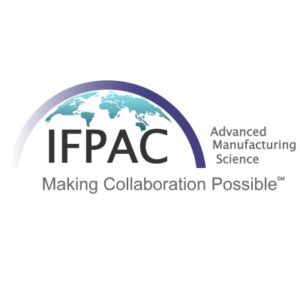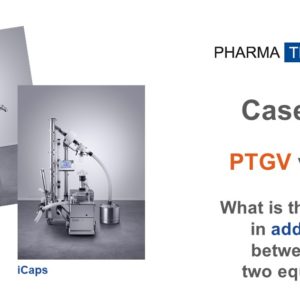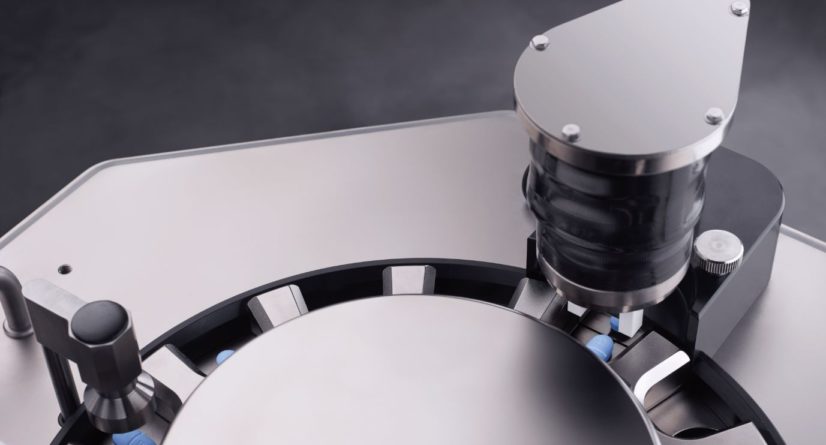 Exhibition | IFPAC Washington – MAR 02 to MAR 05, 2025
Exhibition | IFPAC Washington – MAR 02 to MAR 05, 2025
Join us at IFPAC in Washington – March 02-05!…
 PTGV vs. iCaps
PTGV vs. iCaps
The Challenge Today we often hear about intelligent machines,…
 Exhibition | AAPS - Orlando FL - October 22-25, 2023
Exhibition | AAPS - Orlando FL - October 22-25, 2023
We will take part in the AAPS PharmSci 360…
 Exhibition | PCI Days - Warsaw, Poland - 22-23 June 2022
Exhibition | PCI Days - Warsaw, Poland - 22-23 June 2022
Come visit us during the Pharmaceutical and Cosmetic Industry…
 New Year, New Resolutions
New Year, New Resolutions
As we embark on a new year, the pharmaceutical…
 #PharmaTechnologyDoesNotStop - COVID-19 emergency
#PharmaTechnologyDoesNotStop - COVID-19 emergency
Following the government instructions to implement an effective containment…

Atline In-process tablet testing systems allow for real-time monitoring and assessment of tablet quality throughout the manufacturing process, as well as fully automated process control. Integrating automatic sampling and testing with the tablet press allows for immediate feedback on critical tablet quality attributes such as tablet weight, thickness, and hardness. This not only ensures tablets meet stringent quality standards, consequently reducing the risk of non-compliance, but also significantly reduces batch release times by reducing the need for post-production quality checks. The consequent automatic adjustments of the tablet press control loops based on real-time data further enhance product quality, preventing waste from non-conforming products. By minimizing operator interaction and streamlining the production process, automatic tablet sampling and testing at regular intervals substantially increases process robustness and optimizes overall manufacturing efficiency, leading to considerable cost savings.
However, the reliability of these in-process testing systems depends heavily on maintaining the measurement zone free from external disturbances. Fully automated IPC testing at-line of the tablet press is impossible without repetitive, reliable measurement accuracy. An unreliable IPC testing system leads to failing process control in tablet production, resulting in significant drug product quality risks. Traditional gravity-fed systems often fail to remove dust or fragments from tablets before testing, leading to incorrect test results and physical parameter deviations. Furthermore, the physical impact during gravity transfer can cause tablet breakage or deformation, compromising the quality of the samples. These issues necessitate manual interventions, which slow down the manufacturing process, wasting the efficiency benefits of IPC testing.
To overcome the limitations of traditional systems, the innovative Pharma Technology solution featuring a vacuum tablet transfer system ensures the highest integrity of tablet samples by gently conveying tablets from the tablet press to the testing unit, eliminating dust and fragments during the process. This approach not only significantly reduces the risk of tablet breakage during transport but also prevents any blockage during testing or inaccurate weight measurement due to undesirable fragments or dust. Additionally, the iTest integrates a pinch valve at the tester’s inlet to create a closed environment without any air turbulence during tablet testing, ensuring highly accurate measurement. The star-wheel design further enhances the testing process by conducting the hardness test at 180 degrees from the weight-measuring station, avoiding the projection of fragments on the weighing scale that could affect results.
Finally, the use of an automatic tablet conveying system eliminates the need for manual interventions, enhancing operational efficiency and allowing manufacturers to maintain consistent throughput without compromising on quality. The Pharma Technology iTest addresses the critical shortcomings associated with traditional gravity transfer and manually feed systems, offering manufacturers a route to increased automation, efficiency, and drug product quality.